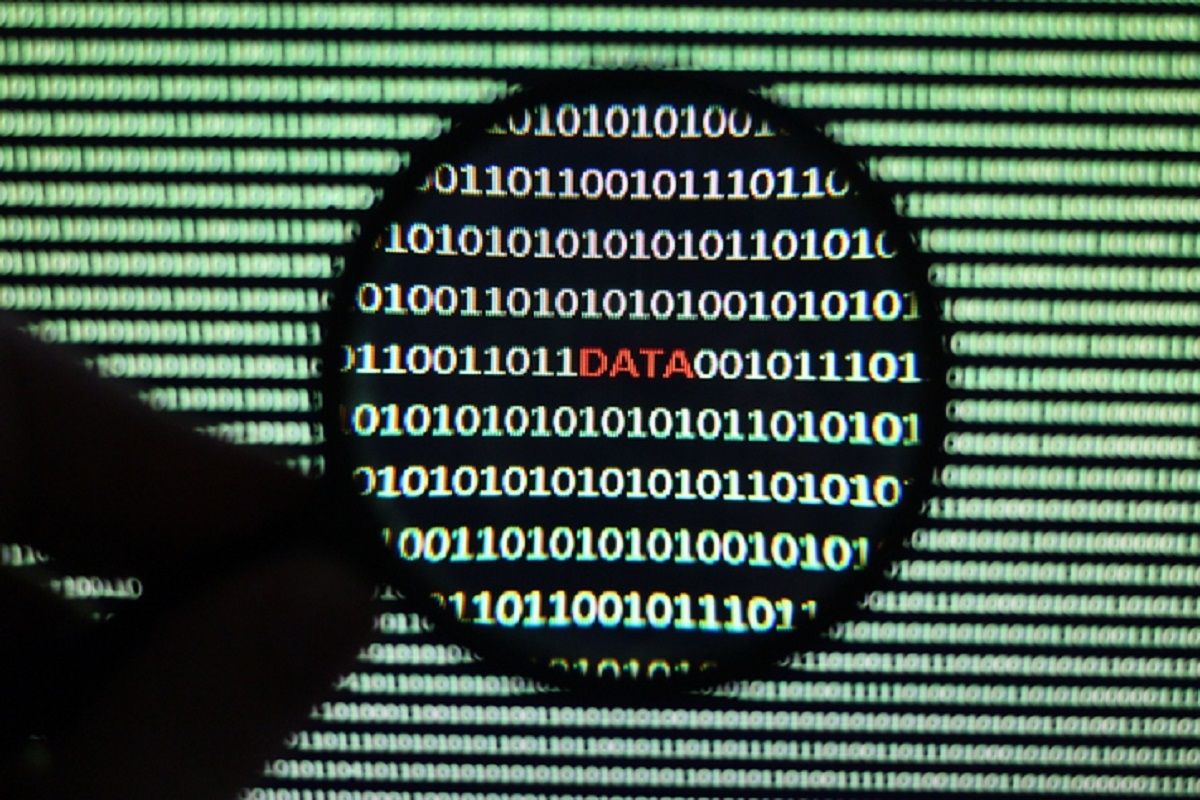A large part of the volunteers of the National Universal Service victims of a data leak


The Universal National Service (SNU), this volunteer program that combines commitment to missions of general interest and cohesion stays, has just been the victim of a data leak of unknown origin. As revealed by the IT world, volunteers have indeed received a message last Monday warning them of a theft of personal data.
In this email, the Universal National Service platform specifies that the stolen data relate to the identity (surname and first name) as well as to the contact details (postal address and email address) of the victims. “A complaint was immediately filed”” it is also indicated to the recipients of this message – a report has finally been made to the Cnil, the guardian of personal data.
Large part of the volunteers
According to the Ministry of National Education, interviewed by Actu.fr , this data theft following a computer hacking resulted in the theft of information relating to 62,500 youth accounts and 87,000 parent accounts, or 149,500 people. Important figures, to compare with the numbers of volunteers who have passed through the SNU since 2019, 89,000, according to the recent report by DEPUTY Jean-Claude Raux.
This database relating to the SNU has been on sale since November 22 on a well-known black market on the web, for the modest sum of 50 dollars, reports Numerama. The Internet user at the origin of this sale, however, assures that he has a different number of records than that communicated by the ministry. He thus claims to have data on 75,718 volunteers for a total of 126,050 accounts, including parents.
Date of birth
If the administrative supervision of this platform specifies that the identifiers or passwords have not been stolen, the data leak would nevertheless include for the volunteers their date of birth. A sensitive point: many services – for example a mutual insurance company, or a bank – rely on the communication of this kind of information to remotely confirm the identity of an interlocutor.
It is therefore highly likely that personal data, if disseminated, will serve as a support for scam campaigns, identity theft or phishing attempts. In particular, it is recommended to change your password as soon as possible on the platform concerned by the leak and to report all pages disclosing your personal information.








